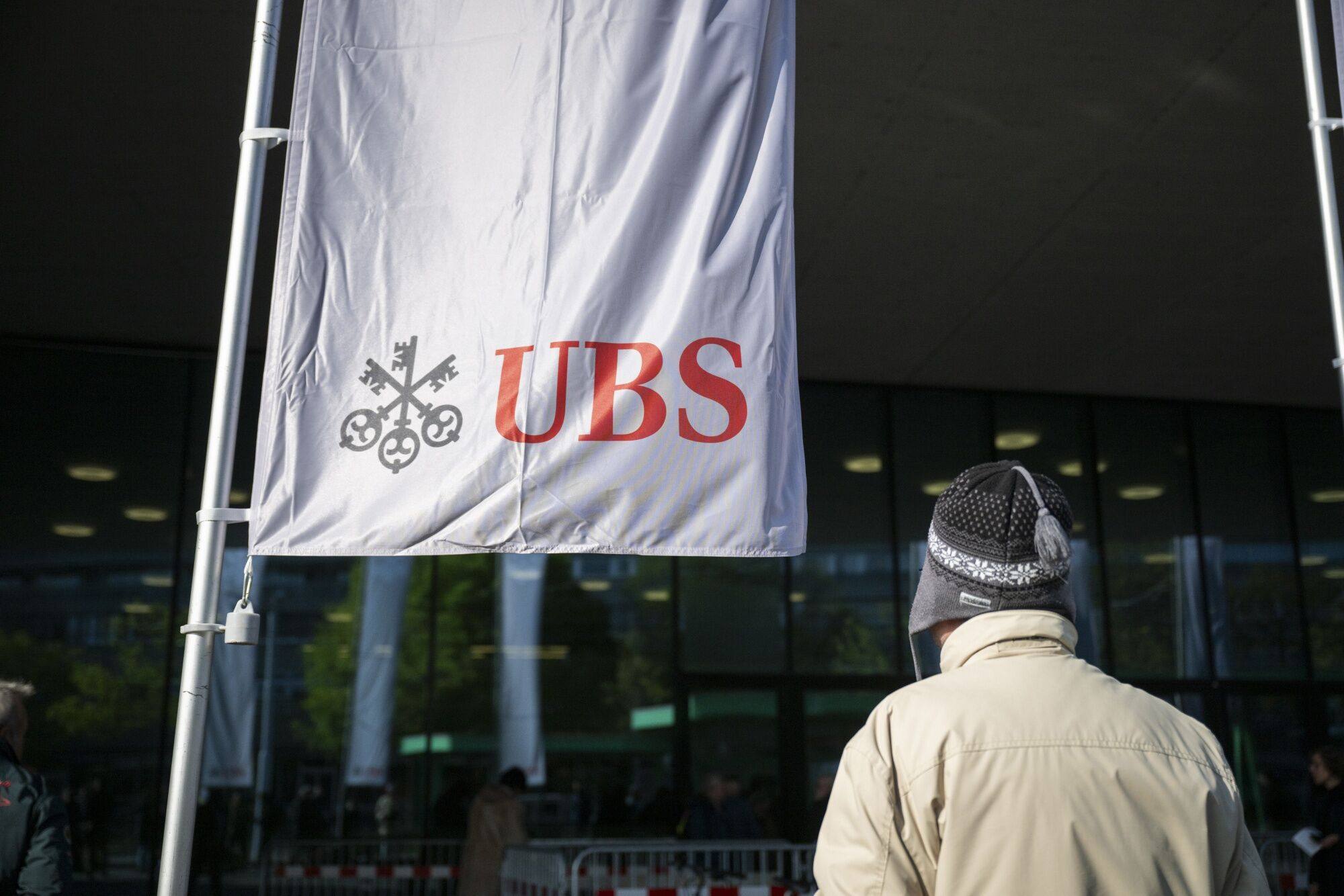
There is a lot of room for foreign investments in China’s markets, said Chan, adding that the recent bull in Hong Kong stocks is “very encouraging, because that tells us foreign investors are trying to get back into the market”.
Echoing these sentiments, Amy Lo Choi-wan, UBS’s chairman of global wealth management in Asia and CEO of UBS Hong Kong, said China remained the biggest focus for foreign investment banks despite the current slowdown.
“China is too big to ignore,” said Lo, pointing to China’s US$18 trillion gross domestic product, nearly half the GDP of the whole of Asia.
China is also significant in terms of wealth creation, which presents huge opportunities for wealth managers, she added.
The latest UBS global family office report showed that the ultra rich were seeking a better balance in their portfolios, with equities and fixed income their top two preferred asset classes.
“We have seen a pickup in inquiry about [allocations] to China and Hong Kong, and an increased interest in proposals for these markets,” said Lo, who attributed shifts to the attractive stock market valuations in mainland China and Hong Kong.

Hong Kong’s benchmark Hang Seng Index currently trades at about 9.9 times forward earnings on average, while the price-to-earnings ratio for the CSI 300 Index tracking the biggest companies listed in Shanghai and Shenzhen stands at 14.3 times, according to Bloomberg data. By comparison, the S&P 500 members trade at an average of 23.3 times.
Meanwhile, Hong Kong stocks have risen more than 25 per cent from the year’s low in January, putting the market firmly in a technical bull run, as investors have been encouraged by policy support from China, as well as portfolio rebalancing by fund managers scouting for better value and abandoning overpriced markets elsewhere.
HKEX’s Chan said the bullish sentiment could rub off on new listings, as sustained stronger capital markets will eventually lead to bigger fundraising in the city. There are currently more than 100 applications for initial public offerings (IPO) in the pipeline, she added.
Nearly 20 companies have listed in Hong Kong this year, but blockbuster IPOs – upwards of US$1 billion – have evaded the market. While deal sizes have been small, the volume of IPOs has remained resilient, Chan said.
The IPO drought was partly due to many companies turning to their domestic markets to list during the Covid-19 pandemic, Chan said, adding that companies are once again looking to the depth and breadth of Hong Kong’s market.
“This raises hopes and I’m very confident that Hong Kong can be that alternative for listings,” Chan said. “However, we do need to see a couple of big deals to [kick-start] our market.”

